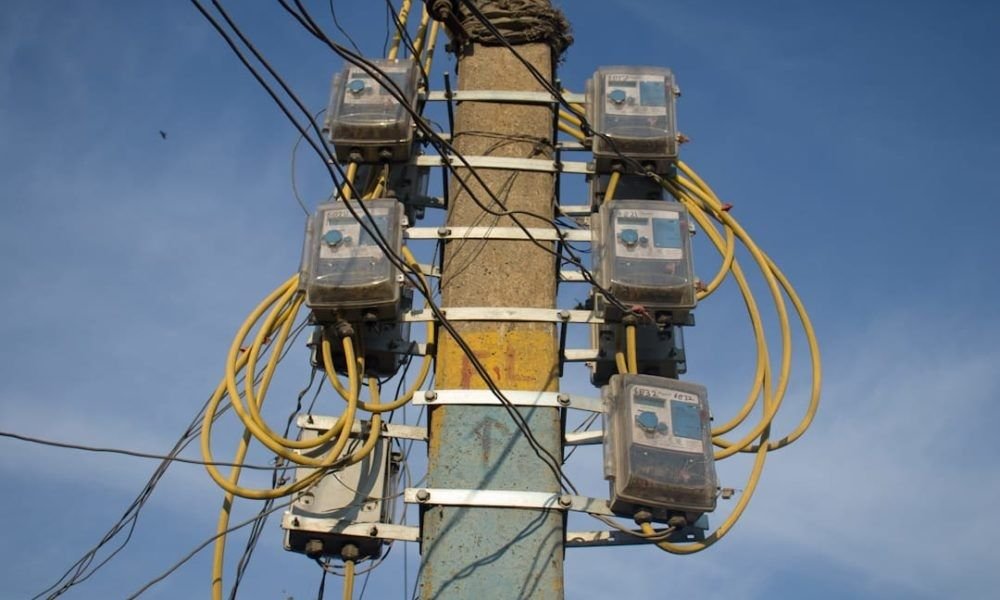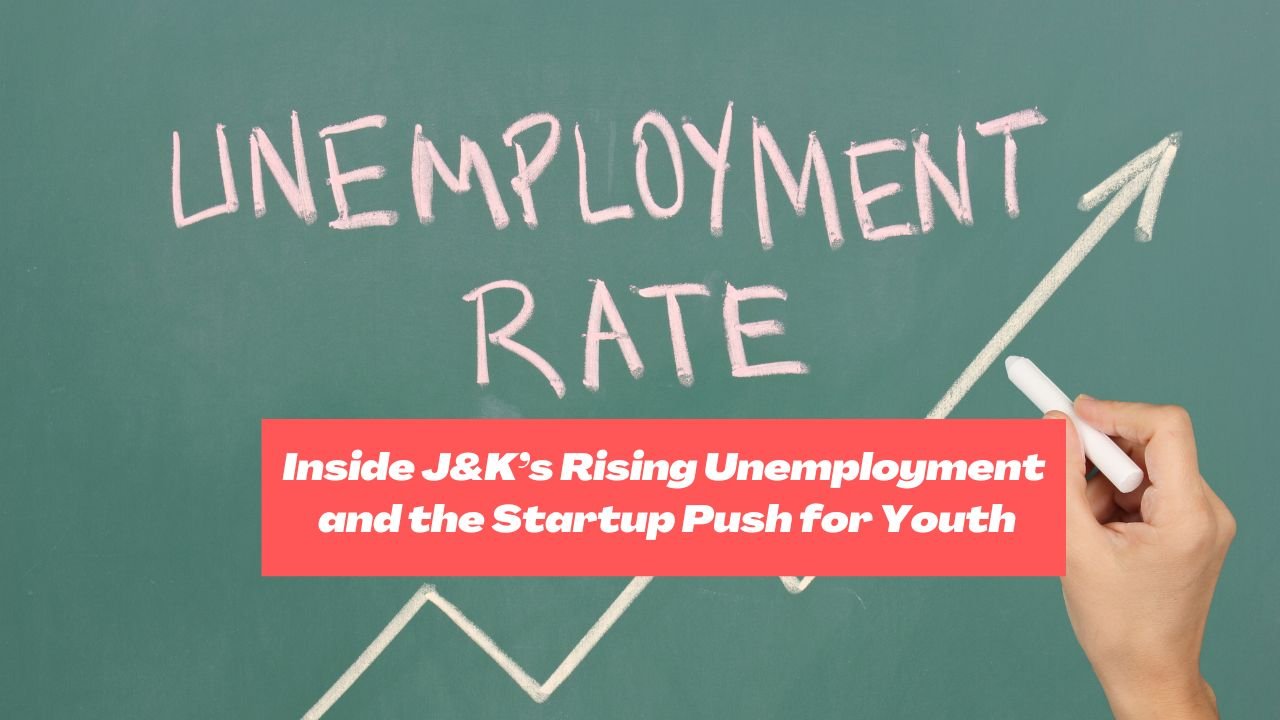There are ample talks about Kashmir and Kashmiris. Though many sections of Kashmir have suffered in one way or the other, they are not the only ones bearing the brunt of terrorism and politics. In a piece written, for the thewire.in, by veteran Congress leader Mani Shankar Aiyyar, he highlights the voices he heard from Jammu region. Here are some excerpts of what he gathered during his visit:
“Jammu is the most plural of all the regions of the state”
Anuradha Bhasin, editor, The Kashmir Times
‘There is a need for Regional Councils with defined legislative powers for the three regions of the state (Kashmir, Jammu and Ladakh); sub-regional councils for backward and “ignored” areas; Hill Development Councils for the “gravely neglected” Pir Panjal and Chenab valley habitations; District Development Boards for all districts; and, above all, a vibrant system of Panchayati Raj (that does not exit in the Riyasat because the Jammu and Kashmir assembly has not accepted the 73rd and 74th amendments to the constitution).’
Sheikh Abdur Rahman, former MLA and MP
‘Despite the passage of 70 years since their forced displacement in the most barbarous conditions in 1947 and since, the very large number of Hindu and Sikh refugees from Pakistan are not recognised as “state subjects” and, therefore, banned from voting in state assembly elections or buying, possessing or selling any landed property.’
“while there is much talk of Pakistan-Occupied Kashmir, four lakh refugees from Pakistan-Occupied Jammu must be included among the “stakeholders”
Subhash Sharma, Rajouri
Out in Doda, the Kashmiri- and Urdu-speaking Muslims ask why they are categorised as “Jammu Muslims” and not treated as “Kashmiri Muslims” to whom, they add, with no small justification, they are conjoined in ethnic terms. To our startled surprise, Abdul Qayyum Zarger, in his welcome address, recalls Jayaprakash Narayan’s proposal that Jammu and Kashmir be accorded the same status as Sikkim and Bhutan.
An eminent lawyer, Farooq Ahmed Khan, demands bemoans about the death of Kashmiri muslims in security related operations and stresses that demographic change has reduced Muslims in Jammu to a minority. He was out of words when reminded, by Mani, that Partition was all about demographic change and that numerous parts of the subcontinent underwent such changes.
On the other hand, the substantial number of Kashmiri pandits displaced from the Chenab valley into Jammu want to know why they are denied the privileges accorded to pandit refugees from the Valley proper. “The Kashmiri Pandits talk only of themselves. Well, what about us?”
“The Pahari people of the backward reaches of the state feel put upon and excluded from affirmative action by the government. Why are they not given state subject status and treatment…. I have no desire to go to Pakistan as solutions have to be founded in secularism and communal amity. Within this framework Pahari issues must be settled.”
Khurshid Ahmed, of Rajouri
And those who live in the vicinity of the border and are unable to count the number of their dead and injured in seven decades of cross-border firing and the wars of 1948, 1965 and 1971, say, “It is only here that funerals and weddings take place side by side”. Jammu’s most senior advocate, Ashok Bharat Gupta, mourns at our seminar that Chhamb, the town of his birth, has changed hands at least four times since independence, leaving everyone confused as to whether the remaining inhabitants of the town, now in Pakistani hands, are Indians or Pakistanis.
‘Why the government privileges the Kashmiri pandits over them’
Hindu and Sikh Refugees from Pakistan
Read also: Who are West Pakistani Refugees in Jammu and Kashmir?
While underlining that “nothing is more important than dialogue”, professor Ellora Puri, daughter of the late and much-venerated Balraj Puri, backed by retired Justice Saraf, stresses the key preliminary role of intra-state and intra-Jammu dialogue is to “understand the aspirations of the different regions” and “bridge regional differences”. She says, “State autonomy should be linked to regional autonomy”.
A suggestion of acting upon Parvez Musharraf’s four-point formula was also withdrawn hastily when reminded that the first of the four points is that there is no question of “azadi” for Jammu and Kashmir.
Read also : Wanted – An amicable Divorce between Jammu and Kashmir
Mani closes the article brilliantly by arguing that
“it took only five days for the tribal invaders from Pakistan to reach Srinagar airport in October 1947, and if they got ‘azadi’ now, Pakistan would covet the state and swallow them in five hours, let alone five days, were India to not once again come to their rescue”















